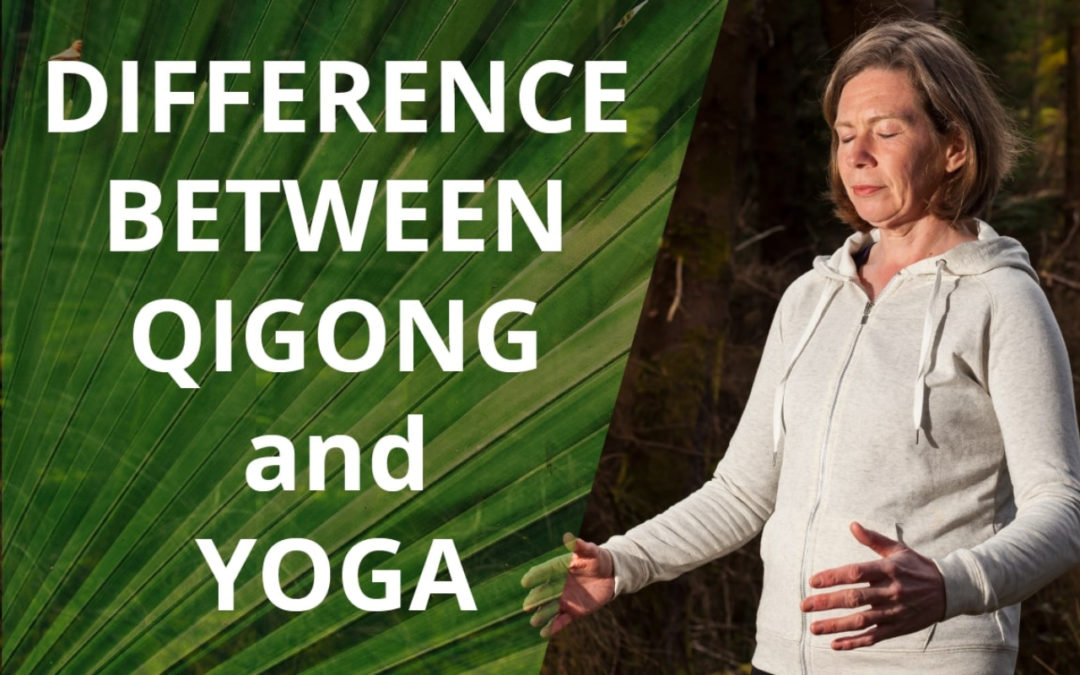
Similarities and Differences Between Qigong and Yoga
I don’t know about you but I was familiar with yoga and what it was way before I had a clue about Qigong or even how to pronounce it! In this blog I’ll be discussing the similarities and differences between Qigong and Yoga.
Janice Tucker is a practitioner of Traditional Chinese Medicine and Medical Qigong, and the founder of the Space To Relax online programme of Qigong video lessons.
Please don’t forget to subscribe to my YouTube channel by clicking the red “Subscribe” button above so you don’t miss my regular videos which are full of useful health enhancing tips. These videos will help you to benefit your health and prevent illness from arising in the first place. Also please give this video a “Like” if you found it informative.
The Main Similarities and Differences Between Qigong and Yoga
5 Similarities Between Qigong and Yoga
1. Both are Eastern forms of exercise.
2. Qigong and Yoga both teach awareness of your body and mind.
3. Both utilise similar breathing techniques.
4. Qigong and Yoga are both whole systems involving the body, mind and posture.
5. Both are very ancient practices.
5 Differences Between Qigong and Yoga
1. Yoga tends to focus, at least in the West, on more physical postures or asanas. Qigong focuses on physical movements to a lesser extent and incorporates more of the breath and mind in its exercises.
2. Qigong movements are slower and more gentle than yoga movements. Because of this Qigong is often perceived as a bit boring and not as good at getting you fit as yoga. This is not true. Qigong, when practised regularly, can make you very strong and fit. It will unblock stagnant Qi and allow it to flow more freely so that your health improves. Do bear in mind though that Qigong does not offer you instant gratification. Significant results in terms of health are achieved over a long period of time. You should instantly feel more relaxed when you practice Qigong though! 🙂
3. Yoga originates from India. Qigong originates from China.
4. For yoga you may need slightly more athleticism than you will need for Qigong, at least how it is taught in the West. Yoga requires more movement than Qigong. Anyone of any level of mobility can perform the slow and flowing movements of Qigong, even those in a wheelchair or those with severe physical limitations.
5. Nearly every Qigong exercise improves your balance in some way. There are specific yoga balance postures but not every asana in yoga incorporates a balance element to it.
So Which Is Best For You?
If you are more athletic, you may decide that yoga is for you. If you want to address a certain medical issue then you may choose medical Qigong practice. If you are like me, you will do both. As a Qigong teacher I’m also a massive fan of yoga and attend weekly classes as I find that the two blend extremely well together and play a complementary role in enhancing my health and well-being.
What Should I Do Next?
So, if you would like to learn some Qigong for yourself got to the Space To Relax homepage. There you can sign up to receive three free video lessons which will be delivered to you by e-mail over the course of a few days. Also, for a free audio meditation “Calm Your Busy Mind In 8 Minutes” scroll to the bottom of the Space To Relax homepage.
Please don’t forget to subscribe to my YouTube channel by clicking the red “Subscribe” button. Then you won’t miss my regular videos which are full of useful health enhancing tips. Also please give this video a “Like” if you learned much more about the similarities and differences between Qigong and Yoga.
You can also head over to my free group on Facebook, “Space To Relax Free Group” and leave any comments or questions for me there. I’ll be happy to answer them. Also, by joining this group, you will receive regular postings of Qigong articles and videos with really useful tips about how to use Qigong to improve your state of health.

